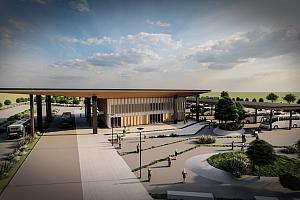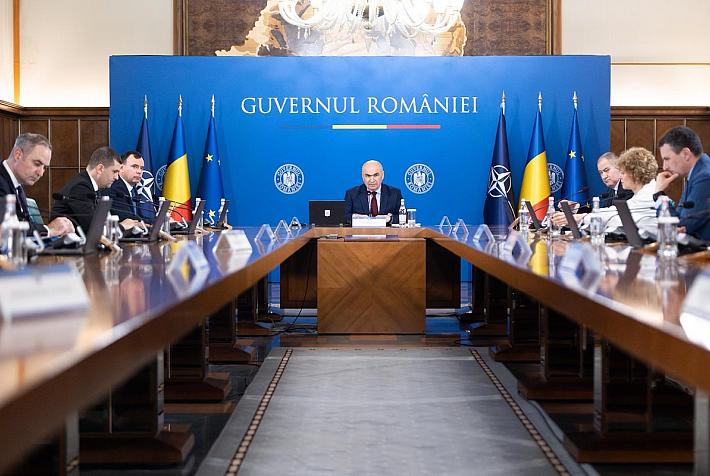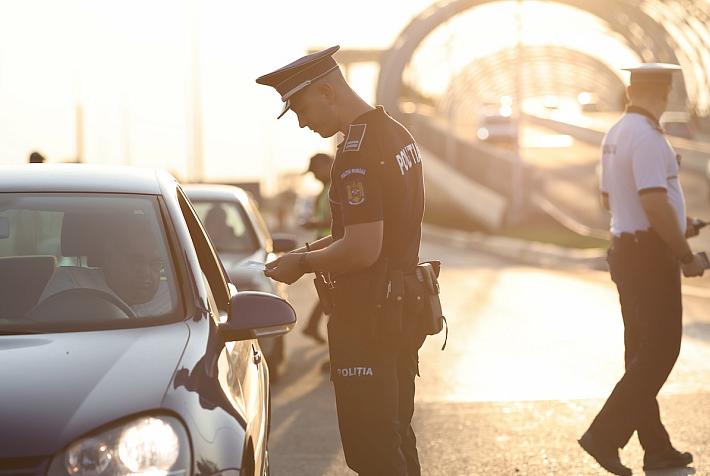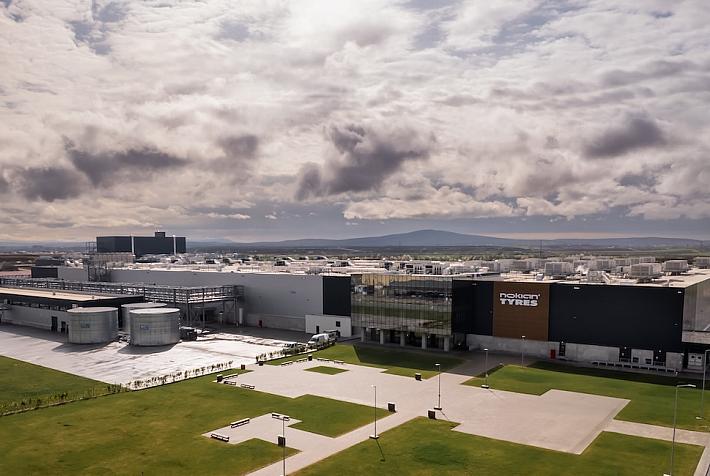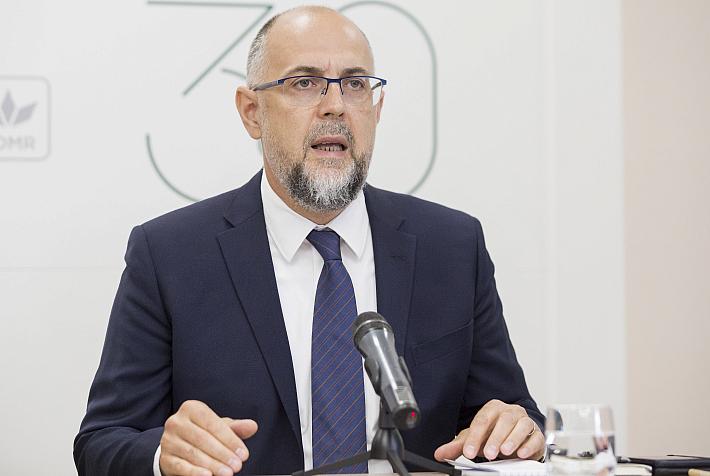Cluj spends over EUR 400 mln from European funds for city reconstruction in a decade and a half
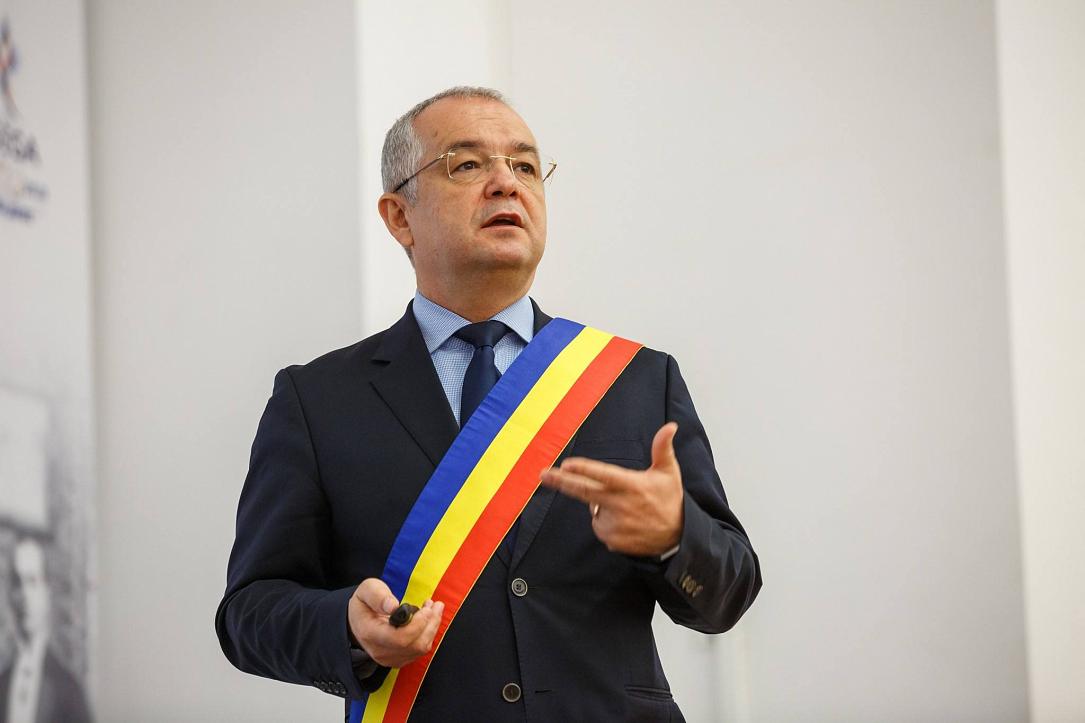
Cluj-Napoca ranks atop the list of highest spenders of European funds in Romania. Spending over EUR 400 million from 2007 to now, the city continues to innovate throughout its non-stop projects from park renovations to school projects, the metropolitan belt, the subway project, and more.
"Also, for the current financial year, projects worth over EUR 126 million have been submitted so far through the PNRR alone, and we have projects of EUR 4.5 billion in preparation - including the metropolitan belt, the metropolitan train, the subway project, East Park, Someșul metropolitan, and so on," says city mayor Emil Boc.
Earlier this month, former prime minister Boc said during an event at Babeș-Bolyai University that the city is gearing up to completely revamp the entire public transport fleet into non-polluting and planning to plant over 100,000 trees by 2028.
"The main sources of pollution are transport (cars, first of all), construction (through their energy consumption). We have to work on these components that we have to keep under control; otherwise, we will have a harder and harder life here on Earth, and more and more people will die from pollution," he said during the event, promising that the city is still far from over in combatting climate change's impact.
The hotly-anticipated metropolitan belt and subway projects have also been predicted to lure more people to move into the heart of Transylvania. EU funds minister Marcel Boloş projected that the city will be home to over 1 million inhabitants by the time of their completion. Some 410,000 inhabitants are residing in the metropolitan area of Cluj now and the number is expected to grow in the forthcoming years, putting pressure on the improvement of public transport and road infrastructure sectors.
The planned rapid transit system is the most ambitious administrative project in Transylvania for the past three decades, but it hasn't been without controversies, however. A few months back, the project was suspended due to the staggering inflation and the economic impact of the Ukraine-Russia war, and it's still far from completion.
(Photo source: Emil Boc/Facebook)







